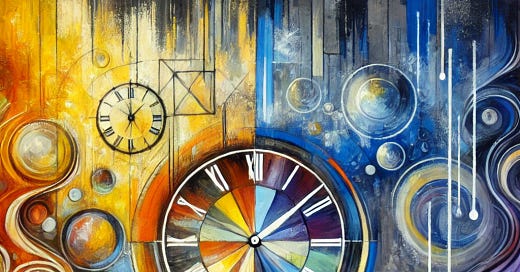Warum wir der Sommerzeit schweren Herzens ein Ende bereiten sollten
Humans have evolved over millennia to be in sync with the Sun. Light regulates human rhythms. Body clocks rely on bright light in the morning and an absence of it in the evening. Daylight Saving Time, which lengthens evenings, takes people further away from the natural cycle. It means they miss out on bright-blue light in the morning, something that resets the body clock and in turn triggers the regulation of things like body temperatures, heart rates and levels of a hormone called cortisol, which helps people feel alert. It also sets the body up for a good night’s sleep, and regulates appetite through hormones that make you feel hungry or full.
The extra hour of light in the evening fails to make up for this loss of morning light, and even compounds the problem. Getting more sunshine in the evening further disrupts the onset of sleep. As a consequence, the American Academy of Sleep Medicine warned in 2024 that this misalignment between human circadian rhythms and daylight was associated with metabolic syndrome, cardiovascular disease and poorer academic performance.
Those who have to work early, or who live in the westernmost parts of time zones, feel these effects more acutely. A study of people living on opposite ends of the same time zone estimated that the shift to daylight saving meant a loss for westerners of about 19 minutes of shut-eye a night. They are more likely to be overweight and to earn less than those to the east. And a small study suggests that teenagers, who are already burdened with a delay in their circadian rhythm thanks to puberty, lose 32 minutes of sleep owing to Daylight Saving Time. No wonder they are so moody.
Some people say they prefer the long evenings under Daylight Saving Time. But evenings get longer anyway, regardless of whether the clocks change, thanks to Earth’s axial tilt and its orbit around the Sun. Those who really want an extra hour of light in their day could get up earlier rather than imposing costs on everyone else.




